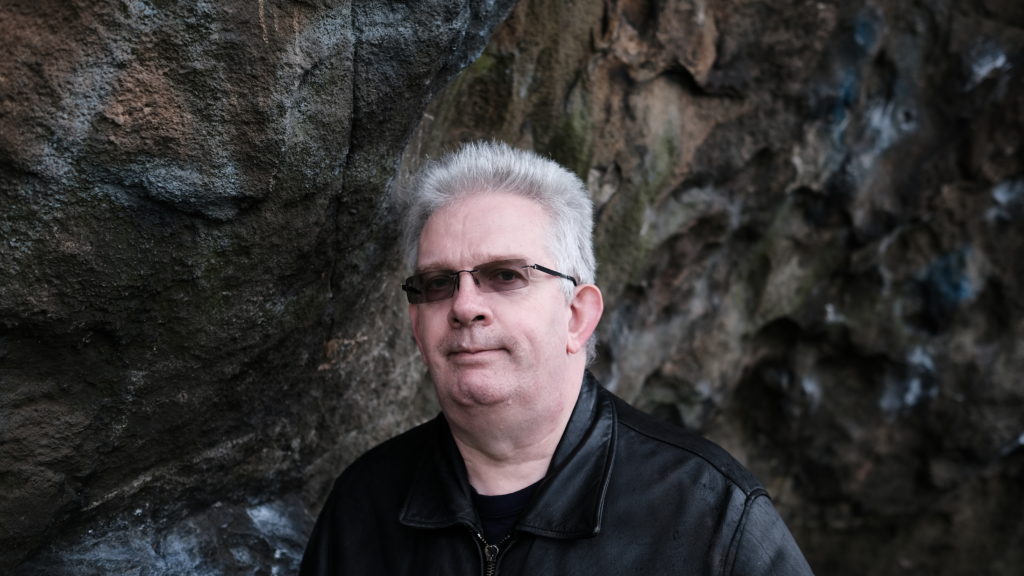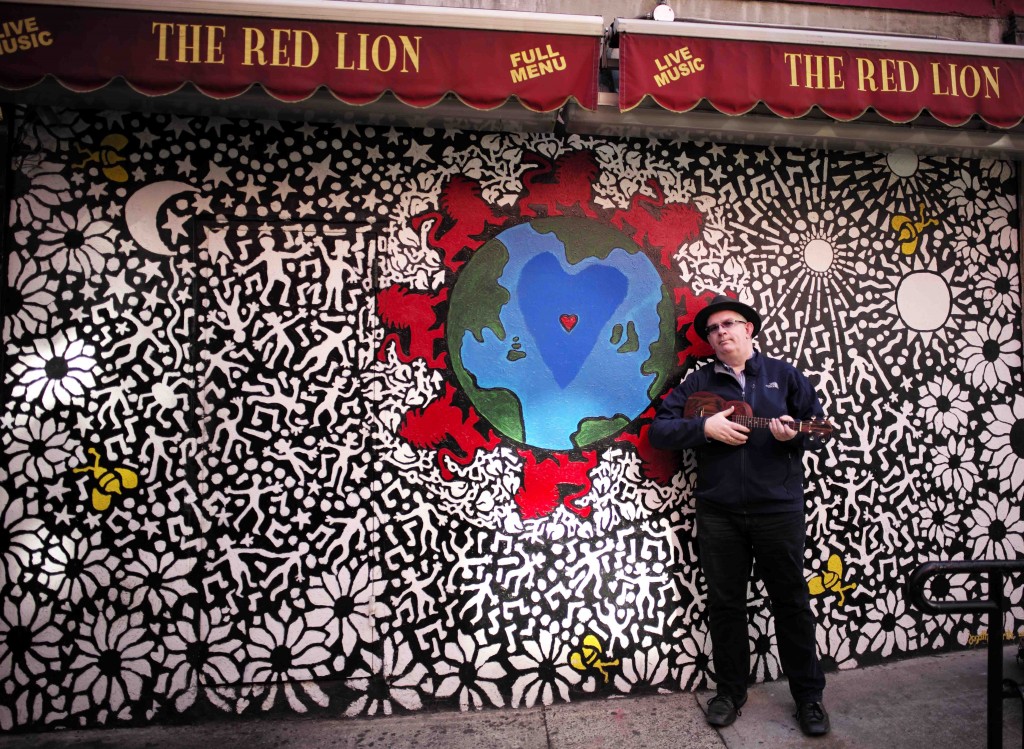This is a short rant about one of my pet hates which I started to notice during the invasion of music talent shows, is where music and artists are described as “awesome” “amazing” and in other superlative terms. I appreciate that many promoters, PR agencies and artists want to write copy to get attention, but the overuse of superlatives in my view is self defeating as it ultimately kills any sensible critical evaluation. Terms like “awesome” “genius” brilliant” “ground breaking” should in my view be reserved for the very best of the best and not trotted out without any real consideration.
One of the main culprits are “talent shows” Talent show judges often would feedback to aspiring artists after a 90 second performance comments like “you are a real star” and “that was awesome” Yes, its probably well meaning and encouraging, but I would respectfully suggest that these are well meaning optimistic statements at best. Such shows are mostly about packaging an artist to a specific image and sonic template and unfortunately in my opinion this makes for never endling bland production line music that all sounds very similar to my ears.
I should at this point declare that in my non musical persona I teach communication skills internationally in Asia, USA and Europe so that background will make me far more aware of these patterns than the average person. One of the problems I have with the excessive overuse of superlatives is that they make everything very black and white or as we say in the communication world create “digital thinking” where we are left with adjectives that only express thinking in extreme terms.
Superlatives on social media and ad copy
Social media is full of superlatives where posters get carried away in their praise and lose any kind of objectivity in how they are describing what they hear and see. Lazy advertising copy also tends to default to the overuse of superlatives and ultimately this is in my view not a great strategy if you want to engage and maintain customer interest.
At this point you may respond “Don’t be so negative, you miserable git!’ but my central point is that the over use of superlatives means that all descriptions become essentially meaningless and lazy writing when everything is “awesome” and “brilliant”
Its like describing all food as Michelin star level cuisine, and makes any critical evaluation totally meaningless.
I totally admit that this is a personal view and the trend is likely to continue and probably get much worse in future times as more people scrabble to become stars, especially with the absence of live opportunities in the last 12 months.
Downturn in music sales = more hyped marketing copy?
I have been aware for a while that the music industry is in decline, but even I was surprised by this recent news
This week’s No1 album is set to be one of the lowest-selling ever, with Mogwai’s As The Love Continues expected to top the chart with sales of just 7,379.
Two decades ago, sales would often top 100,000.
Meanwhile last week’s No1, Slow-Thai’s Tyron, has tumbled to No22, behind greatest hits records from Sir Elton John and Fleetwood Mac.
Chart figures are based on sales from physical formats including vinyl and CD, plus downloads and streams.
This week’s Top 40 albums combined have sold just 11 per cent of what Adele’s last album, 25, managed during just its first week in 2015.
Even new artists like Celeste — winner of the Rising Star award at last year’s Brits, who had millions put behind her debut album Not Your Muse — have achieved underwhelming sales.
Full article here
In my view this trend is part of the reason for more hyped ad copy which inevitably means the increased use of superlatives in marketing. Another set of culprit are many music colleagues also are complicit in selling “the musical dream” where artists don’t get the best advice and are given quite delusional expectations about what is possible in “the music business” Yes, its useful to encourage artists, but the over use of superlatives actually kills creative aspirations as once you start to believe you are “brilliant” or “a genius” there really is nowhere else to go.
Some music examples (in my biased opinion) that actually are “brilliant”
I would decribe the following artists and albums as “awesome” but then what do I know, I’m a ranting old blogger and music lover that laments the lack of great songrwiting where songs were usually written by one or two people, not a team of writers seeking to fulfill the record company’s sonic brief for Spotify positioning
Albums that I would describe as “brilliant”
Tapestry by Carol King – a superb pop album brilliantly written
Sign of the times by Prince – hugely diverse album bursting with creativity
Remain in Light by The Talking Heads – great work by the band with Eno, terrific african grooves
Hoodoo man blues by Junior Wells – 60s album brilliantly played and recorded, stripped down superb songs
Miss America by Mary Margaret O Hara – great album of unpredictable provocative songs, one album and she disappeared
Blood on the tracks by Bob Dylan – superb well written songs after a break up
Of course these are just my opinion, everyone will have their own preferences
Final thoughts
Many people will think ‘So what, its all subjective anyway!” but when we engage in the excessive use of superlatives, we run the risk of dumbing down how we evaluate music. I’ve know promoters who endlessly use the term “awesome” and “genius” in almost every conversational exchange. In my world few artists, songs or experiences “fill me with awe” and I think that’s only a good thing. Many will of course disagree and I leave it up to you as to whether you find this article “awesome” “life changing” or just plain “old guy ranting” All such views are fine by me as we all collectively learn and develop skills through critical evaluation and discussion.

“These are my thoughts, if you don’t like them, I have others” (apologies to Groucho)

 Sometimes to preserve your own sanity with the craziness online its a very good idea to firewall or block those characters that endless contribute to the noise level. I am a fan of fire walling or blocking against such characters which makes social media a far more pleasant experience. Let me be clear I’m happy to debate with others with strong and different experience, but some people can’t manage basic good manners. I have absolutely no problem with people expressing opinions (although the above statement makes no sense on any level) but I don’t really have the inclination or disposable time to engage with such folks.
Sometimes to preserve your own sanity with the craziness online its a very good idea to firewall or block those characters that endless contribute to the noise level. I am a fan of fire walling or blocking against such characters which makes social media a far more pleasant experience. Let me be clear I’m happy to debate with others with strong and different experience, but some people can’t manage basic good manners. I have absolutely no problem with people expressing opinions (although the above statement makes no sense on any level) but I don’t really have the inclination or disposable time to engage with such folks.